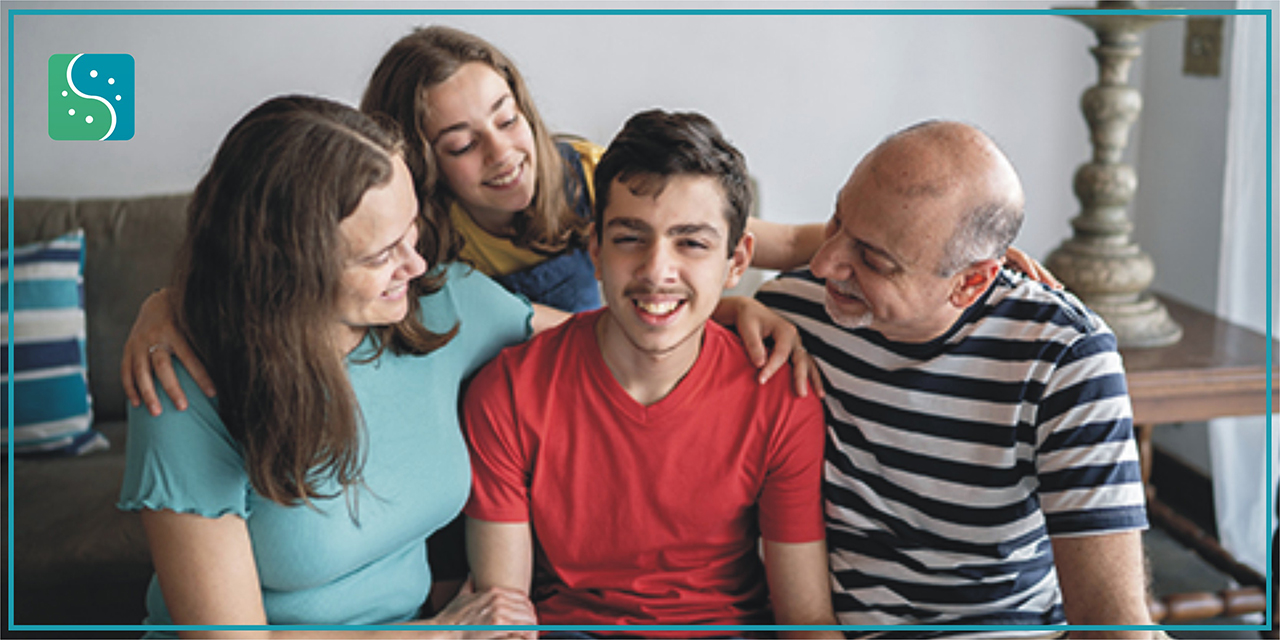AUTISM SPECTRUM DISORDER is a condition related to brain development that impacts how a person perceives and socializes with others, causing problems in social interaction and communication. The disorder also includes limited and repetitive patterns of behaviour. The term "spectrum" in autism spectrum disorder refers to the wide range of symptoms and severity.
Although autism can be diagnosed at any age, it is described as a “developmental disorder” because symptoms generally appear in the first 2 years of life.
Autism spectrum disorder includes conditions that were previously considered separate Autism, Asperger's syndrome, Childhood Disintegrative Disorder and an unspecified form of pervasive developmental disorder.
Treatment for ASD should begin as soon as possible after diagnosis. Early treatment for ASD is important as proper care and services can reduce individuals’ difficulties while helping them build on their strengths and learn new skills.
The homoeopathic approach to treat ASD incorporates the detailed study of the patient including family history, personal history, impaired functions in terms of behaviour, social skills, communication, speech trauma etc.
There are encouraging results in autistic children treated with homoeopathy. Early the treatment starts, better are the results.
The homoeopathic approach to handling chronic disorders being totalistic and aiming at treating the genetic tendencies with well strategic management offers; effective treatment for autism and related disorders.

Autism spectrum disorder (ASD) is a developmental disability caused by differences in the brain. Scientists believe there are multiple causes of ASD that act together to change the most common ways people develop. People with ASD may behave, communicate, interact, and learn in ways that are different from most other people. There is often nothing about how they look that sets them apart from other people. The abilities of people with ASD can vary significantly. For example, some people with ASD may have advanced conversation skills whereas others may be nonverbal. Some people with ASD need a lot of help in their daily lives; others can work and live with little to no support.
Not all people with ASD will have all common behaviour’s, but most will have several of the behaviour’s listed below.
Social Communication / Interaction Behaviour’s may include.
Restrictive / Repetitive behaviour’s may include.
People with ASD may also experience sleep problems and irritability.
People on the autism spectrum also may have many strengths, including:
Researchers don’t know the primary causes of ASD, but studies suggest that a person’s genes can act together with aspects of their environment to affect development in ways that lead to ASD. Some factors that are associated with an increased likelihood of developing ASD include:
Problems with social interactions, communication and behaviour can lead to.

Raising a child with autism spectrum disorder can be physically exhausting and emotionally draining. These suggestions may help.
People with ASD may face a wide range of issues, which means that there is no single best treatment for ASD. Working closely with a health care provider is an important part of finding the right combination of treatment and services.
A health care provider may prescribe medication to treat specific symptoms. With medication, a person with ASD may have fewer problems with:
Behavioural, psychological, and educational interventions are available for treating ASD. People with ASD may be referred to the health care specialists who specializes in providing behavioural, psychological, educational, or skill-building interventions. These programs are often highly structured and intensive, and they may involve caregivers, siblings, and other family members. These programs may help people with ASD:
There's no evidence that special diets are an effective treatment for autism spectrum disorder. And for growing children, restrictive diets can lead to nutritional deficiencies. If you decide to pursue a restrictive diet, work with a registered dietitian to create an appropriate meal plan for your child.